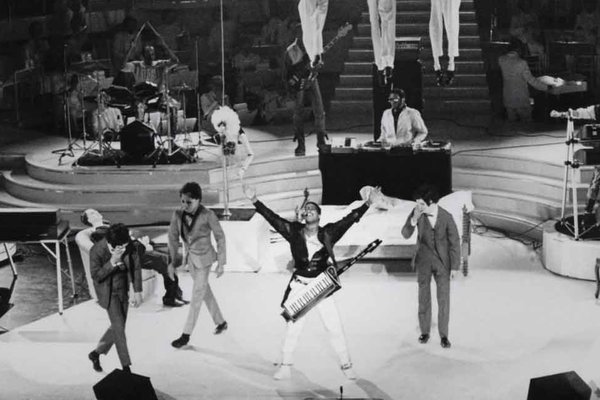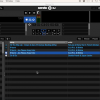Dr. Dre’s Music Empire: The Sale of His Catalog to Universal Music Group

Dr. Dre, the iconic hip-hop artist and producer, has recently sold a portion of his music catalog to a joint venture between Universal Music Group (UMG) and Shamrock Capital. The deal includes the rights to some of his most popular albums, such as “The Chronic,” “2001,” and “Compton,” as well as songs from his extensive production work with other artists.
This move marks a significant acquisition for UMG and Shamrock Capital, as it will give them control over the rights to some of the most iconic hip-hop albums of all time. The financial details of the deal have not been disclosed, but it is believed to be a multi-million dollar agreement.
Commondr3ads, CC BY-SA 3.0, via Wikimedia Commons
Dr. Dre, whose real name is Andre Young, is considered one of the most influential figures in hip-hop history, and his catalog is considered one of the most valuable in the industry. The sale of a portion of his catalog to UMG and Shamrock Capital is a smart business move for the artist, as it allows him to monetize his work beyond the release of new music.
For UMG, this deal allows them to expand their catalog and gain control over the rights to some of the most iconic hip-hop albums of all time. It will give UMG the ability to exploit the catalog in new and innovative ways, such as through streaming services and licensing deals.
For Shamrock Capital, this deal is an investment in one of the most valuable catalogs in the music industry. The company is known for its investments in media, entertainment and technology companies, and this deal fits well with its portfolio.
This move shows that the music industry is not just a hit making machine but a business of ownership, where the artist can monetize their work well beyond the release of the music. This is a great example for young artist to learn and start thinking about their future in the business.
Overall, the sale of a portion of Dr. Dre’s music catalog to Universal Music Group and Shamrock Capital is a major event in the music industry, highlighting the importance and value of a catalog of this size and significance. It also serves as a reminder of the business side of the music industry and the opportunities available for artists to monetize their work beyond the release of their music, and for investors to gain access to valuable music assets.










